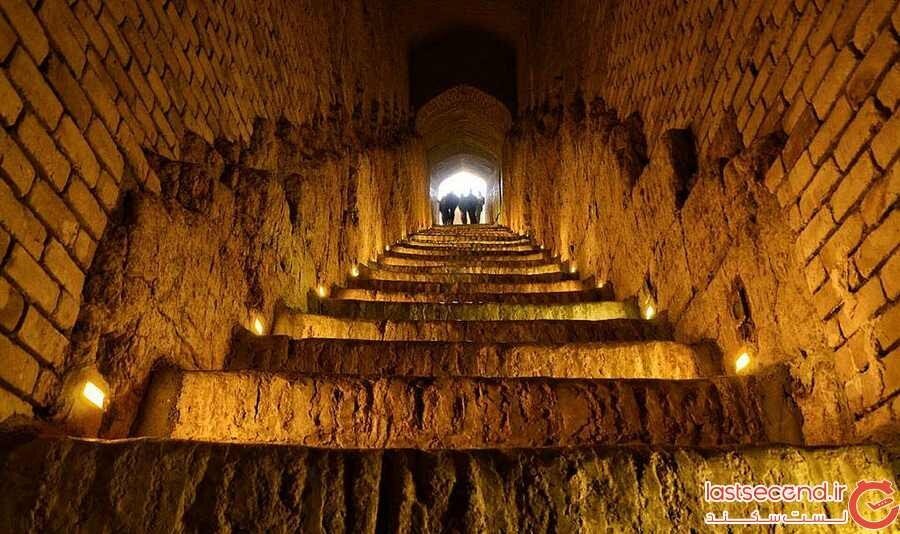Qanats in Kish Island made national heritage

TEHRAN - In a move to preserve the rich historical heritage of Kish Island, three centuries-old qanats have been officially registered as national treasures.
The Kish Free Zone Organization announced this significant registration, highlighting the island's growing list of national heritage sites, which now stands at eight, IRNA reported.
According to Mehdi Adibian, an official with the KFZO, the coral island boasts five main qanat branches spanning over 25 kilometers in total. “However, only three of these qanats are visible to the public.”
Through concerted efforts, all three accessible qanats have now been recognized on the national list for cultural heritage, the official said.
Adibian further identified the three registered qanats as Harireh, Biyout-e Salam, and Bagho, emphasizing their importance as cultural landmarks. He explained that out of the 25 kilometers of qanats on the island, only 10.5 kilometers are currently accessible and measurable, highlighting the need for preservation efforts to safeguard these historical marvels.
The Kish Free Zone Organization underscored the significance of registering these valuable heritage sites, stating that it paves the way for future utilization within the framework of tourism development. By adhering to relevant regulations and guidelines, the organization aims to facilitate the establishment of tourist sites centered around Kish Island's qanats, thereby enhancing the island's allure as a cultural destination.
In 2016, a selection of eleven qanats was collectively inscribed on the UNESCO World Heritage list under the title of The Persian Qanat. Each of them epitomizes many others in terms of geographic scopes, architectural designs, and other motives. Such subterranean tunnels provide exceptional testimony to cultural traditions and civilizations in desert areas with an arid climate.
Generally, each qanat comprises an almost horizontal tunnel for collecting water from an underground water source, usually an alluvial fan, into which a mother well is sunk to the appropriate level of the aquifer.
UNESCO has it that “The qanats provide exceptional testimony to cultural traditions and civilizations in desert areas with an arid climate.”
AFM
Leave a Comment